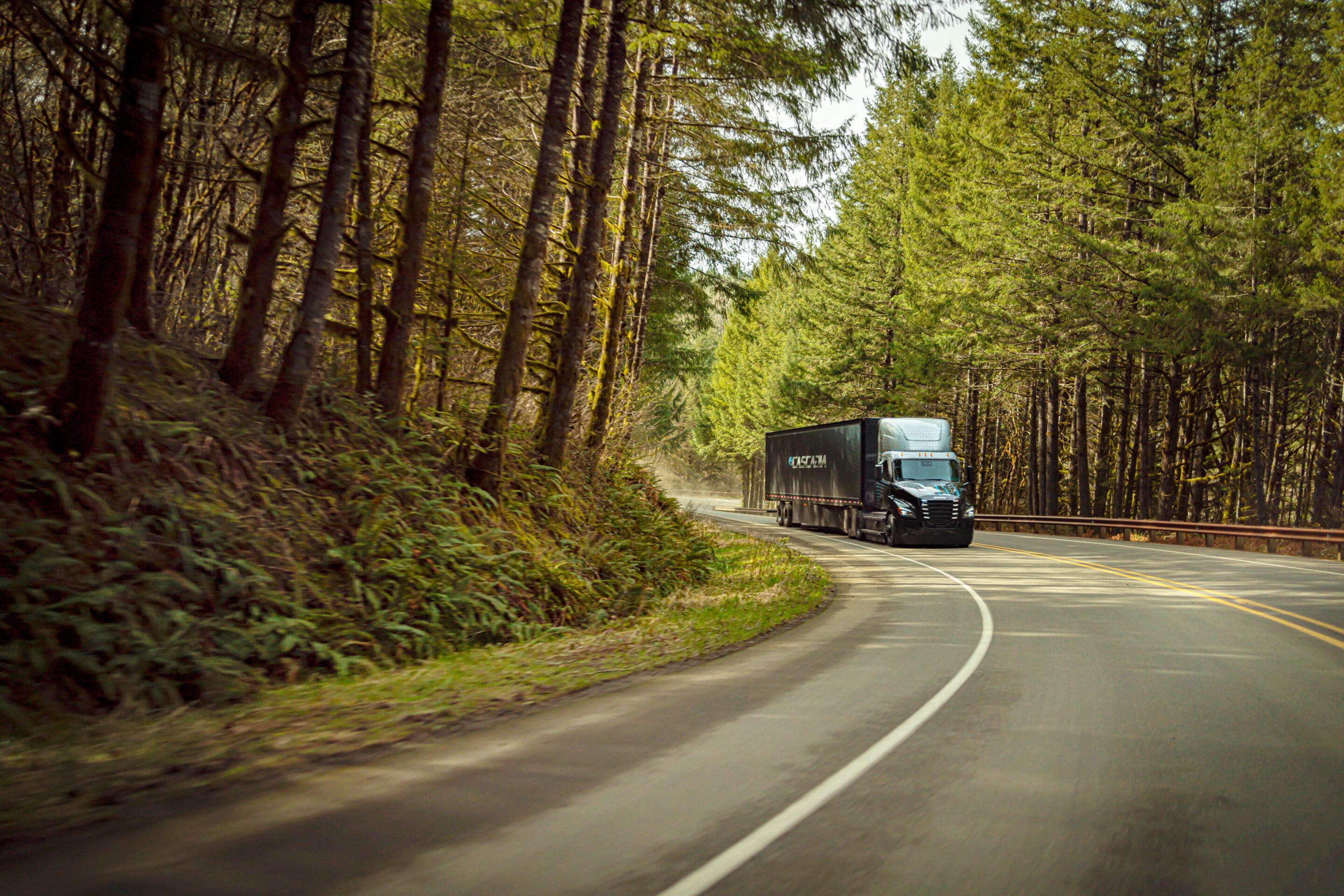Sustainability in Trucking
Even though heavy-duty vehicles make up just 5% of the vehicles on the road, they are responsible for over 25% of CO2 emissions. This doesn’t come as a surprise – large trucks need a lot of fuel to operate, and semitrucks transport over 70% of freight in the U.S. However, with climate change issues becoming more and more prevalent, it’s important that the transportation industry considers environmentally friendly solutions for the good of the planet. This Earth Day, we’re taking a look at the strides taken so far to reduce fuel usage, emissions, and carbon footprint overall. We’ll also touch on what the future of eco-friendly trucking holds.
One of the most common ways trucking companies are working to reduce their carbon footprint is by increasing their fleet’s overall MPG. These fuel conservation efforts provides many advantages – not only does less fuel burned mean less damage to the environment, but also less money spent on fuel! Some companies (including Melton) offer incentives to drivers such as fuel bonuses to keep these numbers low.
There are two large contributing factors to reducing MPG – the first is reducing idle time. While sometimes the conditions are too hot/cold to turn the truck off, there are many quick fixes to keep the cab comfortable in less extreme temperatures. For warmer days, dress lightly and pick up some portable fans to keep air circulating in your cab. If it’s cold outside, layer up and try out a heated blanket or a space heater. Fortunately, EPUs (electrical power units) are becoming standard on most trucks – These are generators that can keep power running in your truck without needing to idle and waste gas. Learn more about Melton’s EPUs and APUs on our flatbed equipment page.

Another great way to keep MPG up is by planning trips efficiently and taking the shortest route when possible. This is generally always in the driver’s best interest; shorter trips not only save gas but increase your chances of being on time! Make sure to investigate all safe route options with your load planners before taking off with a load.
Paperless communications are another convenient way to decrease environmental impact. Using digital logs instead of paper ones and communicating with cell phones and other devices is not only much more convenient, but better for the planet!

These are all actions you can start taking today to lessen your impact on the planet. However, what is the trucking industry doing? The answer is electric semitrucks. At the front of the pack is the Freightliner eCascadia, a 100% electric truck that can haul up to 80,000 lbs. A few companies are already planning to incorporate these into their fleets in the future due to their lower cost and cleaner impact on the environment. However, as of today, these trucks can only travel 250 miles on a single charge, which means long-haul drivers will be stopping more frequently than the average diesel truck. The infrastructure of truck stops would also have to be overhauled to include enough chargers with enough power to charge up to several trucks at a time. Plus, charging time will also have to be considered when load planning.
Despite these issues, many still have hope that they will be resolved, and electric semis will become the norm. In late March, California instituted the mandate that at least half of all heavy-duty trucks sold in the state must be fully electric by 2035.
There’s no denying the impact that the trucking industry can have on the environment. It’s up to companies to institute sustainable practices, especially as technology develops. In efforts to reduce our environmental influence, Melton focuses strongly on fuel conservation practices – Including, running a well-maintained fleet of modern, fuel-efficient, clean idle/carbon certified trucks. To learn more about Melton’s environmental efforts and CSR initiatives, check out our Corporate Social Responsibility page here.
By applying sustainable techniques such as reducing idle time and smart trip planning, we can help mitigate some of the industry’s carbon footprint and open the door for more sustainable practices in the trucking industry.

